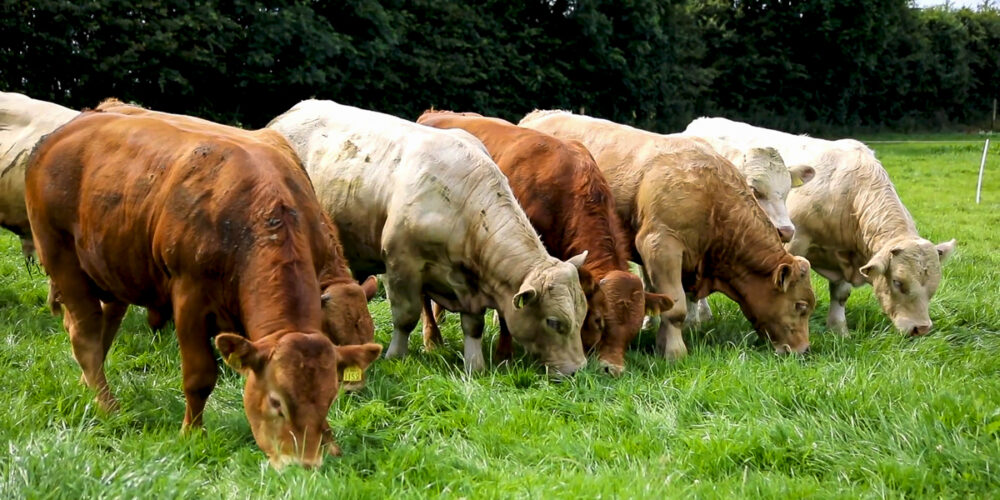The news that Britain has applied to join the Comprehensive and Progressive Agreement for Trans-Pacific Partnership (CPTPP) is a big blow to Irish farmers and rural agri-business workers.
The CPTPP is different from the EU, in that it has no customs union or single market. It is a free-trade organisation, in which every country involved can individually negotiate its own free-trade deals.
At present 80 per cent of British beef imports and an estimated 90 per cent of cheddar cheese imports come from Ireland. Ireland’s agri-sector will be badly affected when Britain is flooded with the products of the lowest-cost dairy, beef and sheep producers in the world.
To be competitive, Ireland will have to reduce total prices further, and that would be calamitous for farmers and workers in the sector. The meat factories, co-ops and millers benefit greatly, but at the expense of the workers.
Take, for example, New Zealand. It has the highest beef price in CPTPP, namely €3 per kilo. The cost of making silage, spreading slurry, the feed and all the costs of producing a kilo of feed make that figure nearly impossible to live on in Ireland.
Our problem is simple: we are too high-cost to make a realistic profit—or a living. You would want about €4.70 to €5 a kilo. The question one would ask is, How does the CPTPP produce at such low cost and price? The answer is simple: mass production, on massive farms of thousands of acres with tens of thousands of livestock, on a very-low-cost grass minimal-feed system. (Canada is the exception, adopting an American-style indoor feeding system.) The numbers are so large that a low price by our standards would yield a considerable profit.
The Mercosur countries in Latin America operate the same way: high-quality, low-budget-cost farming. Most of the CPTPP and Mercosur countries don’t have TB testing, allow excessive use of steroids, and destroy massive areas of forests to facilitate the creation of new ranch-type farms.
This is not good for the consumer. How does one know what is in this product they are buying? In order to compete we have to lower the cost in Ireland. It is the dearest country on the planet to farm. The cost of silage-making is over €14 to €15 for wrap and cutting (mowing), baling, and everything. Vets’ bills are very high; feed prices are very high.
We need to follow the lead of CPTPP and Mercosur by producing at low cost. The countries on the socialist path, such as Cuba, Venezuela, and Nicaragua, produce this way and are successful. We need to follow the socialist principle of nationalisation and planning to produce as much as we can to be self-sufficient and also to negotiate sustainable markets for our products, with all agri-workers paid according to the economic reality.
Why isn’t the government finding markets? Well, the EU controls this country, and we don’t have the freedom to trade with who we want. We don’t have an individual trading policy like the CPTPP countries (and Britain when it joins). We are limited by the Single Market and the Customs Union.
The government has no interest in the rural areas or in agriculture. I remember on the RTE “Prime Time” programme some years ago an economist stated that we didn’t need farmers: we can import more cheaply. That sums up the elite’s attitude.
In the Soviet Union there were two types of socialist farming. The collective farms amalgamated small farmers into larger state-run concerns that were highly productive, and profitable. Then there was Nikolai Bukharin’s plan, in which the meat factories and other large co-operatives were nationalised. But small to medium-sized farms and businesses remained privately owned, and were encouraged to produce as much as they could, with no restrictions.
Both these ideas revitalised the rural areas. I prefer Bukharin’s ideas myself, and I think that form of socialist thinking is the way forward in Ireland.
We need a balance: rural and urban workers working together, the two economies working off each other and prospering together.






